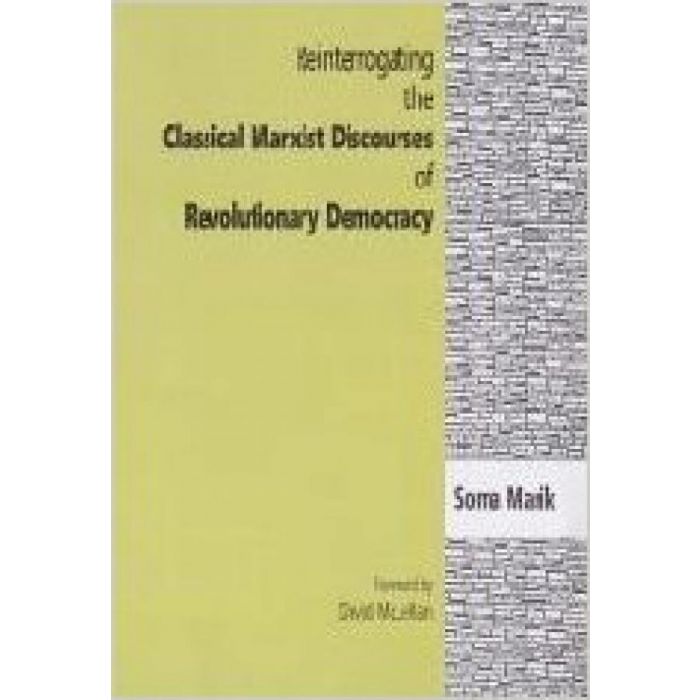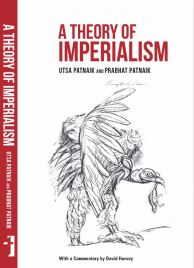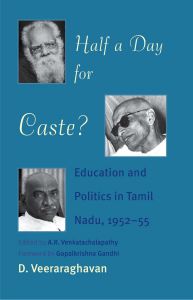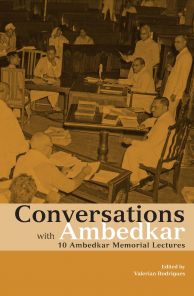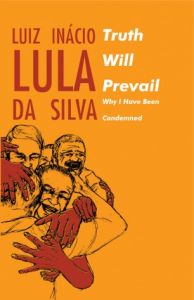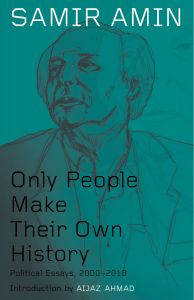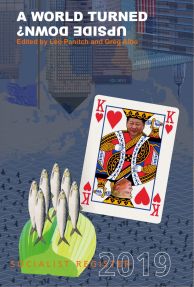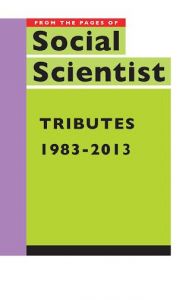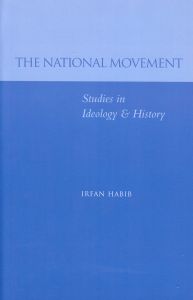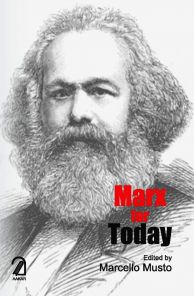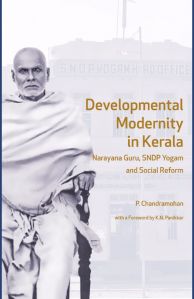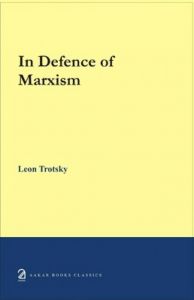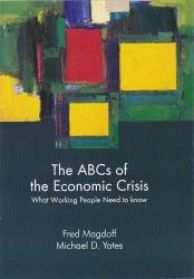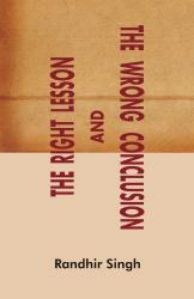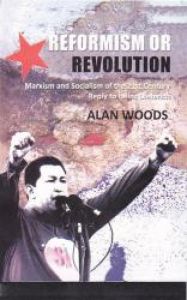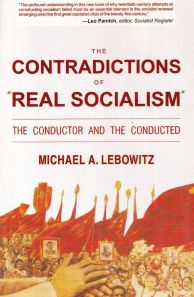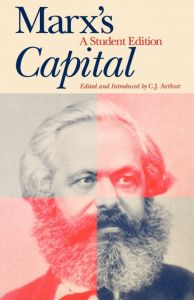Reinterrogating the Classical Marxist Discourses of Revolutionary Democracy
The collapse of Stalinist "socialism" and the intensification of anti-communist ideological offensives meant a widespread conviction, based on "common sense", to the effect that Marxism had been an authoritarian political theory and practice. Mediated by a global campaign as well as a feeling of despair among those who had followed the bureaucratically-ruled states as good socialist ones, the anti-Marxist claims were accepted even by many who had formerly claimed to be socialists or communists.
This book seeks to re-examine this "common sense" claim. There has been a clear gap between "history" and "theory" in conventional academic writings on Bolshevism and the Russian revolution, and even on Marx. The first aim of this study is to bridge this gap, by insisting on the historically specific ways in which Marxist theory was created, and by arguing that, historically, it was liberalism that was hostile to democracy while Marxism, including pre-revolution Bolshevism, was firmly aligned with democracy. At the same time, the equation between Stalinist dictatorships of all varieties and classical Marxism has been questioned. A detailed study of the way the Bolsheviks wielded power in the early years has been made, in order to examine the alternative arguments, one claiming that authoritarianism was inherent in Bolshevism and the other locating the collapse of workers' democracy in the civil war context. Finally, an attempt has been made through the book to integrate gender concerns, by integrating the gender issues in discussions on Marx, Engels, German Social Democrats and the Bolsheviks.

